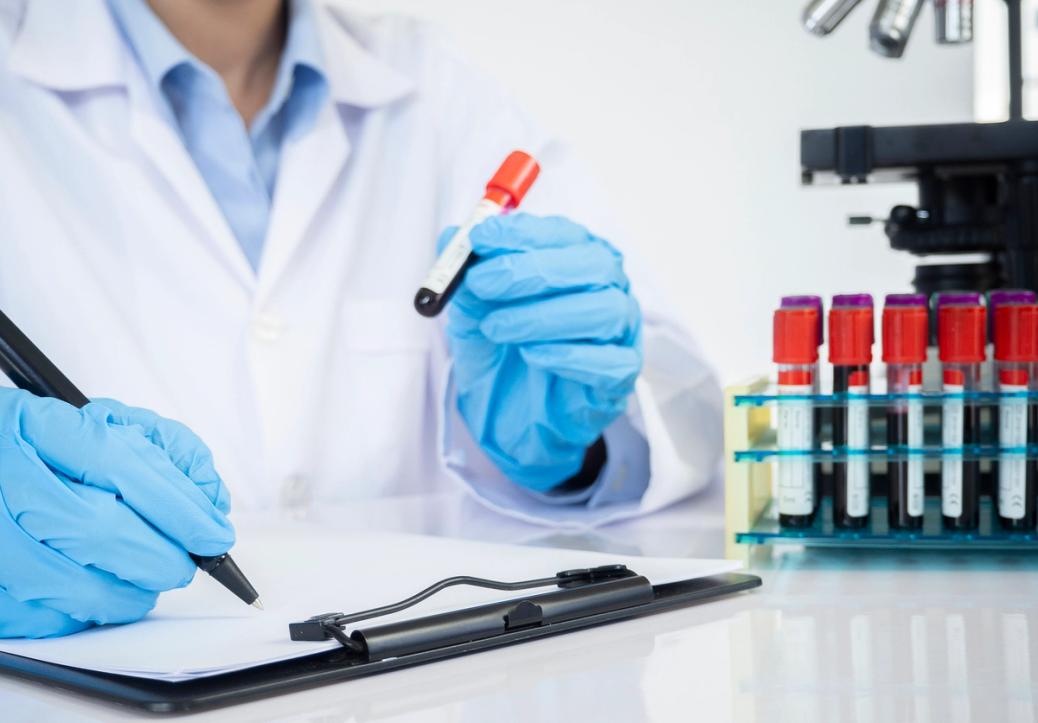question
how is rheumatoid arthritis diagnosed in comparison to diagnosing other forms of arthritis?
Diagnosing rheumatoid arthritis (RA) involves a combination of clinical evaluation, patient history, and specific tests, which can differ from the diagnostic processes for other forms of arthritis. Here’s a detailed overview based on the information in my sources.
Diagnosis of Rheumatoid Arthritis (RA)
-
Clinical Symptoms:
- RA is primarily diagnosed through the presence of characteristic symptoms, including:
- Joint pain, swelling, and tenderness.
- Stiffness, particularly in the morning.
- Symmetrical involvement (the same joints on both sides of the body).
- RA is primarily diagnosed through the presence of characteristic symptoms, including:
-
Physical Examination:
- A healthcare professional will conduct a thorough physical examination of the joints to assess for signs of inflammation and damage.
-
Blood Tests:
- Several blood tests are crucial in diagnosing RA:
- Rheumatoid Factor (RF): This antibody is found in about 80% of individuals with RA, but not all. A negative result does not rule out RA.
- Anti-Cyclic Citrullinated Peptide Antibody (Anti-CCP): This test is particularly useful in the early stages of RA and is more specific than RF. A positive result indicates a higher likelihood of developing RA.
- Erythrocyte Sedimentation Rate (ESR) and C-Reactive Protein (CRP): These tests measure inflammation levels in the body but are not specific to RA.
- Several blood tests are crucial in diagnosing RA:
-
Imaging Tests:
- X-rays may be used to assess joint damage, although changes are often not visible in the early stages of RA.
-
Referral to a Rheumatologist:
- If RA is suspected, a referral to a rheumatologist, a specialist in arthritis, is common for further evaluation and management.
Comparison with Other Forms of Arthritis
-
Other Types of Arthritis:
- There are over 100 forms of arthritis, and the diagnostic approach can vary significantly:
- Osteoarthritis: Typically diagnosed based on clinical symptoms and physical examination, with imaging tests like X-rays to assess joint wear and tear. Blood tests are not usually required.
- Psoriatic Arthritis: Diagnosis may involve a combination of clinical evaluation, family history, and sometimes imaging tests, but specific blood tests are less common.
- Ankylosing Spondylitis: Often diagnosed through a combination of clinical symptoms, imaging tests (like MRI), and the presence of the HLA-B27 genetic marker.
- There are over 100 forms of arthritis, and the diagnostic approach can vary significantly:
-
Blood Tests:
- Not all forms of arthritis can be diagnosed through blood tests. For instance, osteoarthritis does not have specific blood tests for diagnosis, while autoimmune conditions like systemic lupus erythematosus (SLE) may require tests like the Antinuclear Antibody (ANA) test.
-
Symptom Overlap:
- Many types of arthritis share similar symptoms, such as joint pain and stiffness, which can complicate diagnosis. This is why it may take several visits and tests to accurately determine the type of arthritis a patient has.
Conclusion
In summary, diagnosing rheumatoid arthritis involves a detailed assessment of symptoms, physical examination, specific blood tests, and imaging studies. This process can be more complex compared to other forms of arthritis, which may rely more heavily on clinical evaluation and imaging without the need for extensive blood testing.
If you suspect you have RA or any form of arthritis, it is essential to consult a healthcare professional for an accurate diagnosis and appropriate management. Early intervention can significantly improve outcomes and quality of life.
This information is not a substitute for professional medical advice, diagnosis or treatment. Always consult a registered healthcare professional about matters that affect your health. Clara uses artificial intelligence to generate general information for personal educational purposes only, not intended to be a management plan and it may contain errors, inaccuracies or may oversimplify concepts.










